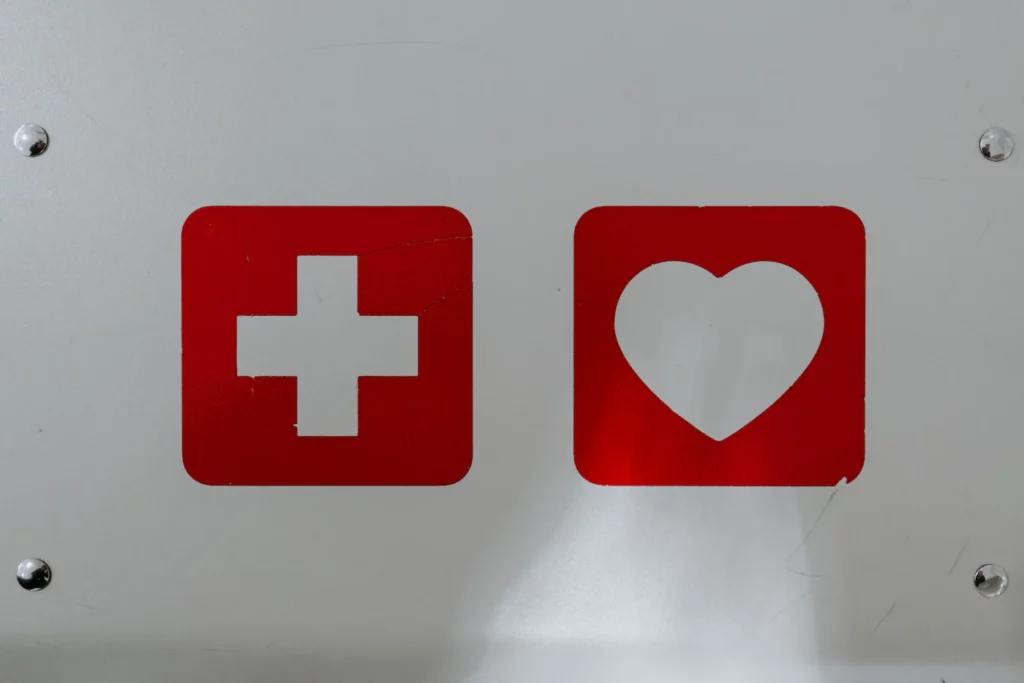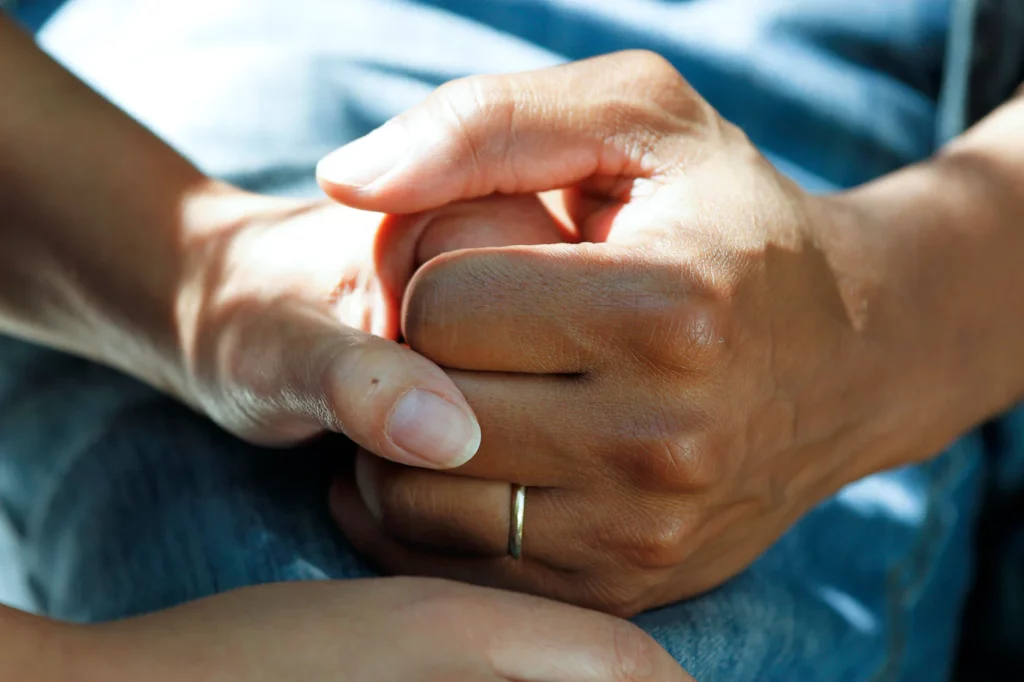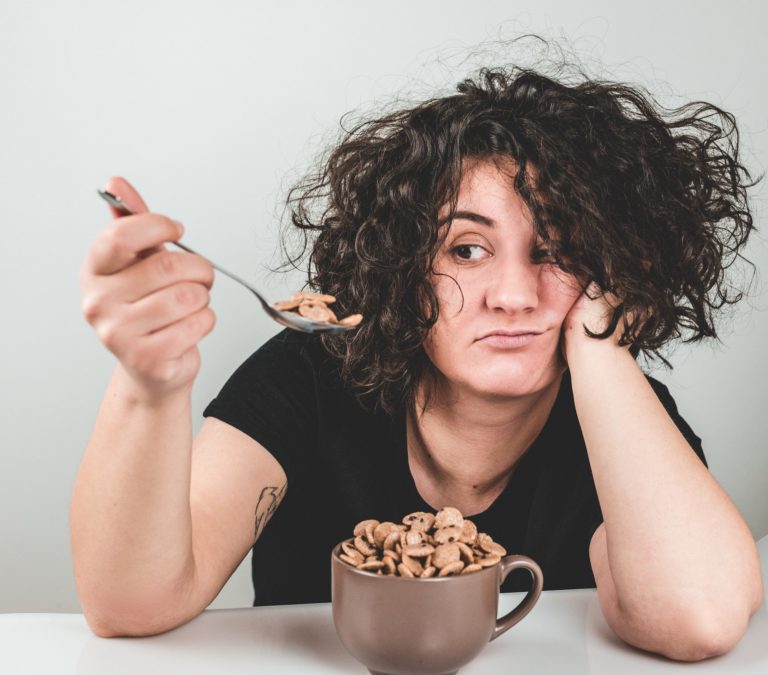In the realm of psychedelic exploration, where consciousness expands and perceptions shift, it becomes imperative to approach the subject matter with profound respect and care.
Today, we delve into a topic of utmost sensitivity—the intersection of psychedelic experiences and suicidal thoughts. This is a crucial conversation as it pertains to the well-being and safety of potential journeyers.
Because psychedelic substances have demonstrated promise in the treatment of mental health conditions like depression and anxiety, they offer hope to many who struggle with mental health issues.
However, we aim to navigate the delicate terrain of this topic by shedding light on the considerations, risks, research and safety measures that indicate either its safety or the lack thereof for those with suicidal ideation.
We must emphasize that, while this article provides information and insights, it is not intended as a substitute for professional advice or treatment.
Our primary goal is to encourage open dialogue, raise awareness, and foster a compassionate approach to this subject matter by contributing to a more informed and responsible conversation surrounding safety and support.
Suicide & Mental Health Resources:
-
- If you or someone you know is struggling, call or text 988 for the Suicide and Crisis Lifeline, or chat at 988lifeline.org.
-
- Call, text, or chat at samaritanshope.org.
-
- For those looking to prevent suicide and help others, check out #bethe1to.
-
- SAMHSA Treatment Referral Hotline: 1-800-662-HELP(4357)
-
- RAINN National Sexual Assault Hotline: 1-800-656-HOPE(4673)
-
- Text 741741 for free, anonymous counseling.

Understanding Psychedelics & Their Effects
Psychedelics, renowned for their capacity to induce profound shifts in perception and consciousness, have captivated the curiosity of countless individuals.
Psychedelics encompass a diverse range of substances, including lysergic acid diethylamide (LSD), psilocybin mushrooms, and dimethyltryptamine (DMT).
These substances share a common characteristic: their ability to interact with serotonin receptors in the brain, leading to alterations in perception, cognition, and emotions.
By modulating serotonin levels and influencing the activity of neural networks, psychedelics can induce extraordinary subjective experiences.
When ingested, psychedelics can elicit an array of effects, both mental and physiological. Visual distortions, enhanced sensory perception, and synesthetic experiences are often reported, where the boundaries between the senses blur.
Profound changes in mood, emotions, and sense of self can also occur, often described as a dissolution of ego boundaries. These experiences can be awe-inspiring, deeply introspective, and spiritually significant.
Furthermore, psychedelics have been shown to both facilitate connections between brain regions that typically have limited communication and turn down activity in neural activity associated with depression (ie. the Default Mode Network).

This heightened connectivity, coupled with stimulation of neurons associated with serotonin and dopamine, can contribute to the unique and transformative qualities of psychedelic experiences.
In therapeutic settings specifically, psychedelics have demonstrated potential for aiding individuals in confronting and resolving deep-seated emotional traumas, depression, and anxiety.
These substances are believed to provide a temporary “reset” of neural pathways, allowing for new perspectives and insights.
The neuroplasticity induced by psychedelics can foster neurochemical and structural changes in the brain, supporting the formation of new patterns of thought and behavior.
For greater understanding of how psychedelics interact in the brain, we wrote a previous article on this subject matter.
While psychedelics offer immense therapeutic potential, it is important to recognize that their effects can be highly variable and context-dependent, and that those with certain severities of mental health conditions are likely not fit for this type of medicine.
Set and setting, referring to one’s mindset and the physical and social environment, profoundly influence the psychedelic experience.
This interplay underscores the significance of carefully curating the conditions for a safe and supportive journey.
In the following sections, we will delve deeper into the specific risks and considerations involved in navigating this delicate intersection, shedding light on the existing research that informs our understanding of this complex terrain.
Suicidal Ideation: Definitions and Risks
Suicidal ideation encompasses a spectrum of thoughts, from fleeting contemplations to persistent fantasies or plans related to self-harm and arises from a convergence of psychological, social, and biological factors.
Individuals experiencing this distressing state of mind may grapple with a range of underlying causes, including but not limited to untreated mental health conditions, unresolved trauma, feelings of hopelessness, isolation, or overwhelming stress.
The complexity of suicidal ideation necessitates a compassionate and multidimensional approach to support those affected, and the risks associated with psychedelic use for those with suicidal ideation cannot be underestimated.
To put it plainly, psychedelics have a tendency to turn up the intensity and magnify whatever feelings are already present.
This doesn’t mean that a “bad trip” can’t be meaningful or productive, but it does mean that ensuring the safety of journeyers is of the utmost importance.
For individuals already grappling with suicidal thoughts, the intense emotional and psychological shifts induced by psychedelics can exacerbate their distress or potentially amplify their risk.
We must acknowledge that psychedelic experiences come with risks, can be highly unpredictable and subjective, and that psychedelics are not a panacea nor a replacement for mental health treatment for those with tendencies to self harm.
Rather, psychedelics could be considered as part of a comprehensive treatment plan that involves qualified healthcare professionals, therapists, and a supportive network if they are appropriate for the particular individual.
While some individuals may report positive outcomes, such as a renewed sense of purpose or connectedness, others may confront difficult emotions, experience increased vulnerability, or encounter challenging personal insights.
Professional guidance is indispensable in conducting thorough risk assessments, ensuring adequate preparation, and providing post-experience integration support.
Download Our Free Psilocybin Sourcing Guide
For harm-reduction purposes, we provide links to online psilocybin vendors, local stores, delivery services, and spore vendors for growing your own medicine at home.
Research on Psychedelics & Suicidal Ideation
Exploring the intersection of psychedelics and suicidal ideation requires an examination of the existing research, which offers insights into the potential benefits and risks involved.
Although the scientific investigation in this area is still relatively limited, some studies have begun to shed light on the impact of psychedelics on individuals experiencing suicidal thoughts.
Preliminary research suggests that psychedelics may hold promise as a therapeutic tool for addressing suicidal ideation.
Studies using psilocybin-assisted therapy have reported reductions in depressive symptoms and suicidal thoughts in individuals with treatment-resistant depression.
For years, there was a believed social association between psychedelics and freak suicide occurrences, however, in recent years, that correlation has been disproved and was likely a result of cultural scare tactics and myth.
When it comes to psychedelic safety, it’s still uncertain whether these substances are appropriate for those who are currently suicidal in some way or another or are considering self harm.
However, serotonergic drugs do seem to be promising proactive treatment methods for preventing the ideations from occurring to begin with.
One study found that “lifetime classic psychedelic use was associated with a significantly reduced odds of past month psychological distress, past year suicidal thinking, past year suicidal planning, and past year suicide attempt, whereas lifetime illicit use of other drugs was largely associated with an increased likelihood of these outcomes” (Hendricks et al., 2015).
In a 2016 survey by Carbonaro and colleagues, almost 2,000 people participated by documenting their most psychologically challenging experience after taking psilocybin mushrooms. Of the participants, 11% answered that they or others were at risk of harm, with that factor being directly linked to dose, duration, and level of support present.
It’s not specified how many were specifically related to self harm, but it is significant to note that set and setting yet again proves to be crucial in determining efficacy and safety for psychedelic use.
This mythical correlation between suicidality and psychedelic use was debunked especially by a meta-analysis conducted in 2022 by Zeifman and colleagues, which cross-examined seven different clinical trials.
These trials spanned across both psilocybin and ayahuasca, and “no study reported any suicide-related adverse events because of administration of a psychedelic.”
This same analysis found that all studies showed “decreases in suicidality at all acute time points,” which echoes the findings of the 2015 study by Hendricks and colleagues.
Conducting studies involving individuals with suicidal ideation necessitates robust screening procedures, comprehensive risk assessments, and the provision of appropriate support structures throughout the study process.
Ensuring participant safety and well-being should always be paramount in psychedelic research.
In conclusion, while initial research suggests the potential benefits of psychedelics in addressing suicidal ideation, more extensive investigations are needed.
The scientific community must conduct rigorous studies to further our understanding of the risks, benefits, and appropriate therapeutic protocols for utilizing psychedelics in the context of suicidal ideation.
Continued research endeavors will contribute to evidence-based practices and ensure that individuals contemplating psychedelic use in this sensitive area receive the utmost care and support.

Mitigating Risks and Ensuring Safety
When considering the intersection of psychedelics and suicidal ideation, prioritizing safety and minimizing potential risks is of paramount importance.
Mitigating these risks requires a comprehensive and individualized approach that incorporates professional guidance, preparation, and harm reduction strategies.
Check out our article on the top 10 best ways to have a safe psychedelic journey, but we will break it down for you more briefly here:
1. Professional Support
Seeking the expertise of qualified mental health professionals is crucial when navigating psychedelics with suicidal ideation.
These professionals can assess an individual’s suitability for psychedelic experiences, provide necessary psychological support, and help create a personalized treatment plan.
Contact us if you are seeking professional support and guidance while exploring the therapeutic benefits of psychedelics, as well during preparation and integration (which we will cover later).
2. Thorough Assessment
Conducting a thorough assessment of an individual’s mental health history, current well-being, and risk factors is essential.
This assessment can inform decisions regarding the appropriateness and timing of psychedelic use, ensuring that individuals are in a stable and supportive state before embarking on such experiences.
Our network of facilitators conducts a health screening prior to working with any psychedelic medicine to ensure you are ready and a good fit at this time.
3. Setting and Environment
Creating a safe and supportive setting for the psychedelic journey is vital, and a large factor in preparation consists of preparing the physical space and clearing away any potential hazards.
It could also include choosing a comfortable and familiar environment, minimizing external distractions, and having trusted individuals present who can provide emotional support and ensure physical safety.
4. Preparation
Adequate preparation can enhance the safety and potential benefits of a psychedelic experience.
This includes educating oneself about the chosen psychedelic substance, setting intentions, and engaging in practices such as meditation, breathwork, or therapy to cultivate a stable mindset and emotional readiness.
6. Integration
Integration practices are essential for processing and integrating the insights gained during a psychedelic experience.
Engaging in therapy, support groups, or integration sessions can aid in navigating difficult emotions, translating insights into meaningful changes, and addressing any lingering challenges or concerns.
By prioritizing safety, seeking professional guidance, and implementing harm reduction strategies, individuals with suicidal ideation can approach psychedelic experiences with greater confidence and support.
These measures aim to minimize risks and create a space for healing, growth, and transformation while fostering a deep respect for the profound nature of the psychedelic journey.
Speak With a Psychedelic Professional
We encourage everyone to advocate for their own mental health and well being, and hope to offer a bit of support on your journey toward wholeness.
We would also like to offer a few last pieces of hope to those who are struggling with mental health:
-
- There is more to you than the emotions you are feeling right now.
- Every feeling we have is temporary, and some of what we feel is within our control.
- Your thoughts and emotions cannot hurt you. You actually have an infinite capacity to feel, and it’s what you choose to do with your feelings that matters.
Check out our resources page for more information on psychedelics, from research-oriented articles to helpful tips and tricks.
Lastly, book a consultation with us to receive access to our network of pre-vetted psychedelic facilitators who specialize in mitigating risk and harm, preparing you and helping you stay on track during the journey.



